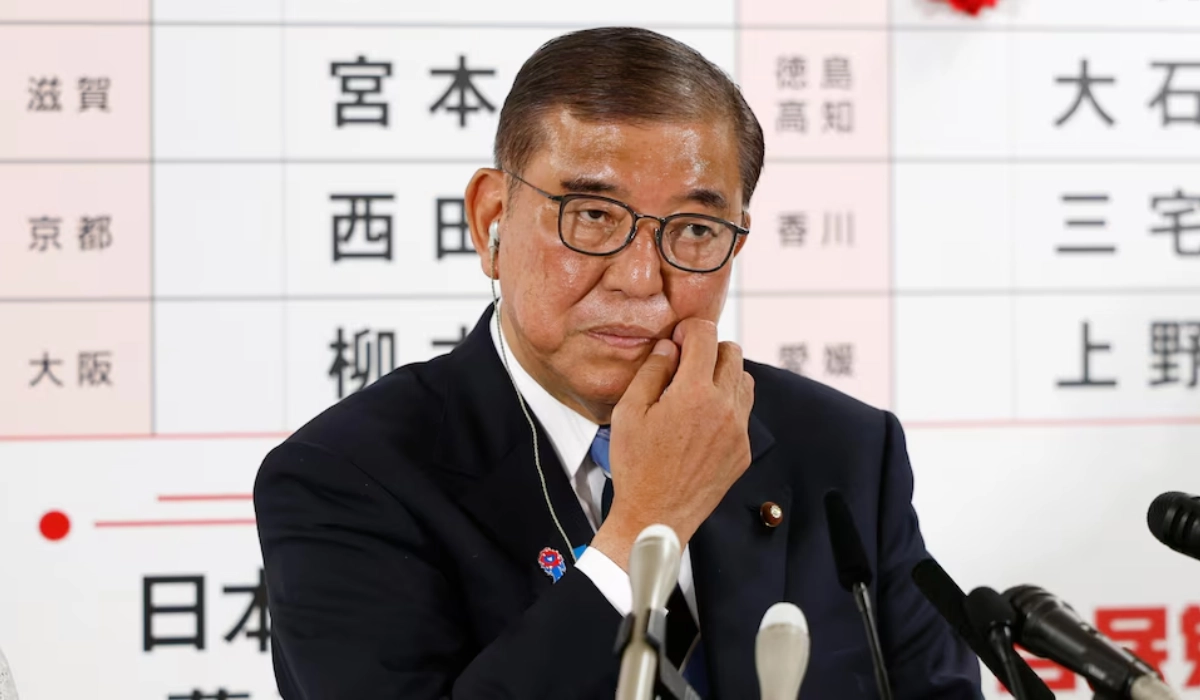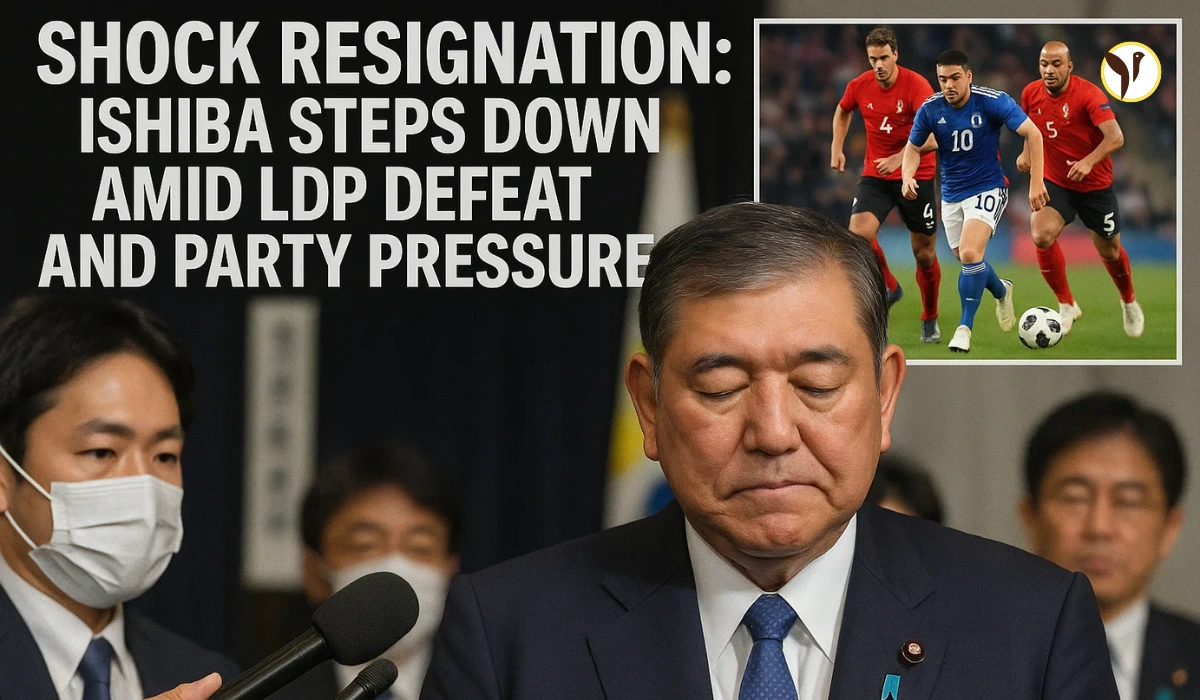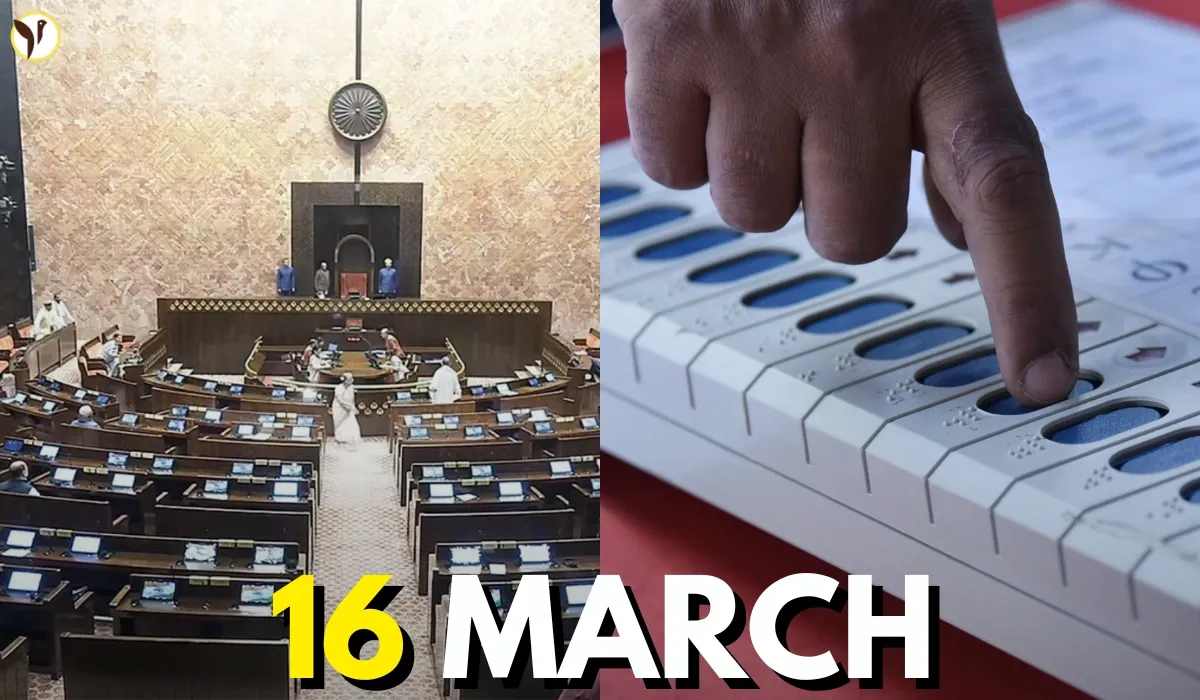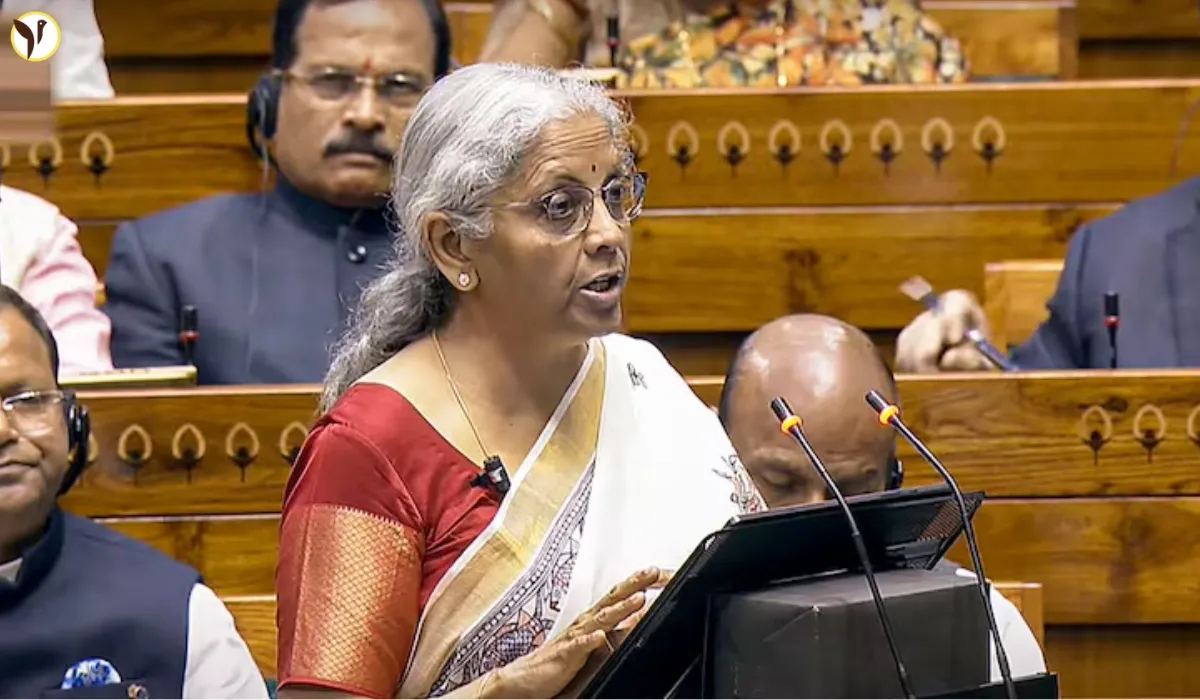On 7-8 September 2025, the political scene of Japan was disrupted following the resignation of Prime Minister Shigeru Ishiba. Ishiba announced that he was stepping down from office after the ruling Liberal Democratic Party (LDP) suffered a disastrous defeat in the July parliamentary elections.
The resignation was certainly significant - not at all surprising. Ishiba had been under pressure for several months from both his own party and the Japanese public, who were dissatisfied with the rising cost of living, lack of reform, and government's lack of attention to households that were struggling.
After waiting decades to become Prime Minister, the regret of ni l nksie resignation after only 12 months must have stung. Ishiba chose to abide by Japan's political tradition: he takes responsibly for the failure of a leader and resigns.

Who Is Shigeru Ishiba?
Shigeru Ishiba is one of the most famous conservative politicians in Japan. Born in 1957, he came into politics in the 1980s and gradually built himself into one of Japan's leading politicians. Ishiba was known for his intricate base of knowledge of defence and agriculture and he held a number of cabinet positions before finally winning the LDP leadership election in September 2024.
On 1 October 2024, Ishiba became Prime Minister of Japan. Shigeru Ishiba was an outsider's comeback story. A man who had been passed over, often and for many years, for the top job - but finally he had ascended.
However, Ishiba's tenure in office would be brief - fewer than 12 months.
Why Did Ishiba Resign?
Ishiba's resignation was not the result of a single issue. It was an aggregate of multiple related issues that converged to cause a political storm.
Ishiba, and the cabinet were punished by respondents in an election to the National Diet in July 2025.
The LDP lost its majority in parliament.
Electors punished the government for failing to mitigate soaring prices and costs of living.
Many young voters who initially had faith in Ishiba's ability to bring change shifted toward other opposition parties.
Pressure from Party Leaders
Powerful senior LDP members, starting with Ishiba's deputy, Toshimitsu Motegi, pressed Ishiba to take responsibility.
The factions or factions began preparing for a challenge to leadership and a new contest.
Economic Context
Rising prices and inflation hit everyday households.
The yen priced declined against the dollar.
Critics understood Ishiba to lack the guts to bring change.
Public Disappointment
Ishiba came with reform and new politics in mind.
But voters expressed their disappointment in the first few months.

Ishiba’s Emotional Exit
When Ishiba declared his resignation, he did so in his normally calm and serious manner, but Japanese media reported that he said it with sorrow and regret.
Ishiba declared that he was resigning "so that he could take responsibility and for the LDP to regain trust of the public". This type of responsibility-taking is deep-rooted in Japanese culture. In contrast to India, where it is rare for leaders to resign after defeats, Japan-like the US-has a political culture where being accountable is very important.
For Ishiba, a politician who had waited his whole life for this opportunity, the resignation was a tragedy on a personal level and a political necessity.
Key Moments In Shigeru Ishiba’s Leadership
|
|
|
|
|
|
|
|
|
|
|
|
|
|
|
|
|
|
Impact Of Ishiba’s Resignation
LDP Leadership Contest now underway
The ruling party must now select a new leader. Potential candidates include:
Sanae Takaichi (a seasoned conservative, linked to supporters of former PM Shinzo Abe)
Shinjiro Koizumi (youthful, popular, son of former PM Junichiro Koizumi)
Yoshimasa Hayashi (Foreign Minister, noted for his diplomatic style)
Toshimitsu Motegi (experienced LDP leader with experience in economy)
Policy Ambiguity
Until Japan’s the selection of a new Prime Minister, the country’s domestic and foreign policies will be in caretaker mode.
Market Reaction
After the announcement of Japan's resignation, the yen weakened. Investors were being cautious, not wanting to get into the market until they knew who Japan’s next leader would be and the economic strategy.
Public Opinion
For ordinary Japanese citizens, this resignation is not purely a political issue — it is about their daily lives. Rising grocery bills, expensive fuel, and salaries stagnant led folks to lost faith in Ishiba’s leadership.
Lessons From Ishiba’s Fall
Accountability Matters: In Japan, leaders resign quickly when they fail.
Economic Issues Decide Elections: Just like in India, voters punish leaders when prices rise.
Party Unity is Fragile: Internal party rivalries can bring down even a sitting Prime Minister.
Japan's Prime Minister Shigeru Ishiba, who recently expressed plans to import millions of Africans, Kurds, and Muslims to enhance Japan's tolerance, announced his resignation today. pic.twitter.com/jnoZ3TkxMH
— Pirat_Nation 🔴 (@Pirat_Nation) September 7, 2025
International Angle
Ishiba's departure also influences Japan's place in the world.
Japan–US Relations: Ishiba was pursuing initiatives with Washington related to trade and security. There may be delays in ensuing conversations because of his departure.
Japan–China Tensions: The next PM will need to engage carefully in overlapping disputes in the East China Sea.
India–Japan Relations: Given the strong economic and defence engagement between India and Japan, India will be looking to see if the next Japanese leader will uphold the contributions made by Ishiba.









